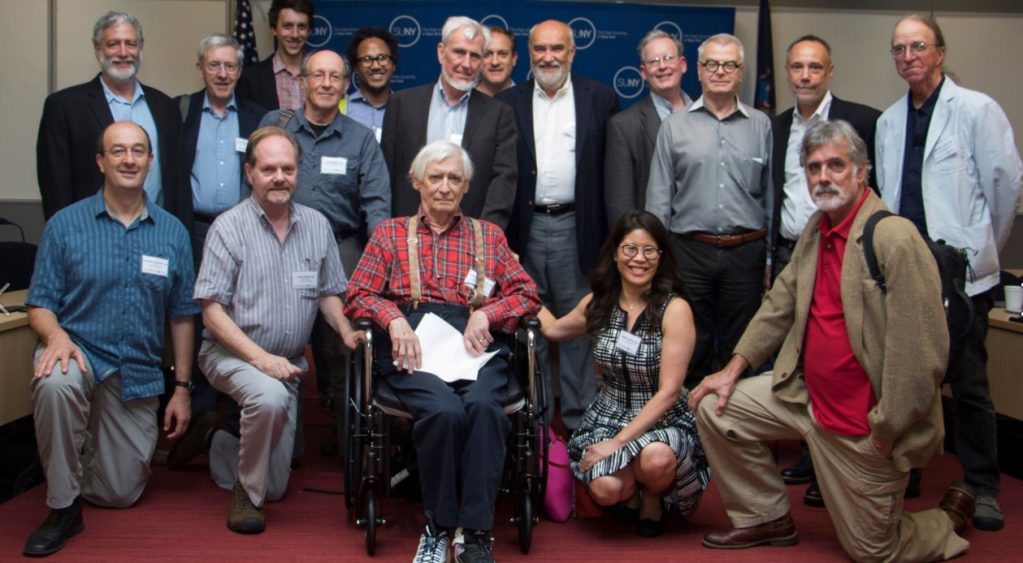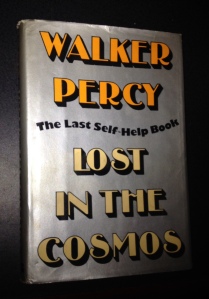Good time to remember the Ranck Symposium four years ago, Sept 7, 2016. Jim discovered head-direction cells in 1984, with full-reports in 1990 (pub 1 and pub 2). Jim’s 90th birthday last week. Remarkable set of talk, all in one day. Below is the sequence with video links. (Some messiness with the videos).
- Charles Nicholson Brain Impedance, Stimulation, and Extracellular Space
- Lynn Nadel, PhD – Finding Our Direction in the Early Days of Cognitive Map Theory
- John O’Keefe – Place Cells in the Hippocampus, Past and Present
- Phillip J Best, PhD – No Kidding They Really Were Place Cells
- John Kubie, PhD – The Hippocampus in Brooklyn; Head Direction Cells and Beyond
- Bruce L McNaughton, PhD – Mechanisms of Place Field Formation Still a Mystery after all these year
- Neil Burgess, PhD – Neural Mechanisms of Spatial Cognition
- David W Tank, PhD – Place Cell Dynamics During Navigation
- Jeffrey S Taube, PhD – Jim Got Me Headed in the Right Direction
- György Buzsáki, MD, PhD & Adrien Peyrache, PhD – Jim’s Work Pointed to the Right Direction
- Nachum Ulanovsky, PhD – Neural Basis of 3D Goal Directed Navigation in Bats
- Howard Eichenbaum, PhD – Ranck’s Rule Reflections on the Behavioral Correlates of Hippocampal Neurons
- Matt Shapiro, PhD – Place Cells and Memory
- Wendy A Suzuki, PhD – How the Hippocampus Learns from Errors
- André Fenton, PhD – Signal in the Noise Non Local Spatial Information in Place and Head Direction
- Jim Knierim, PhD – Local Cue Influences on Place Cells Objects, Vectors, and Textures
- Steven E Fox, PhD – Thoughts and Comments
- James B Ranck, Jr , MD Thoughts and Comments


 What is “Emotion”?
What is “Emotion”?



